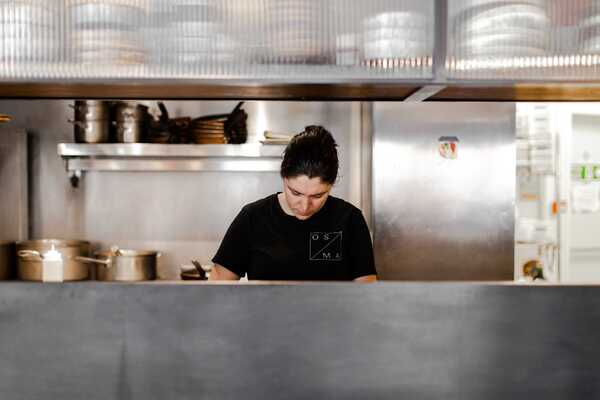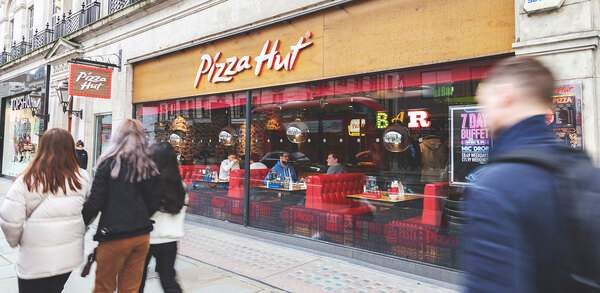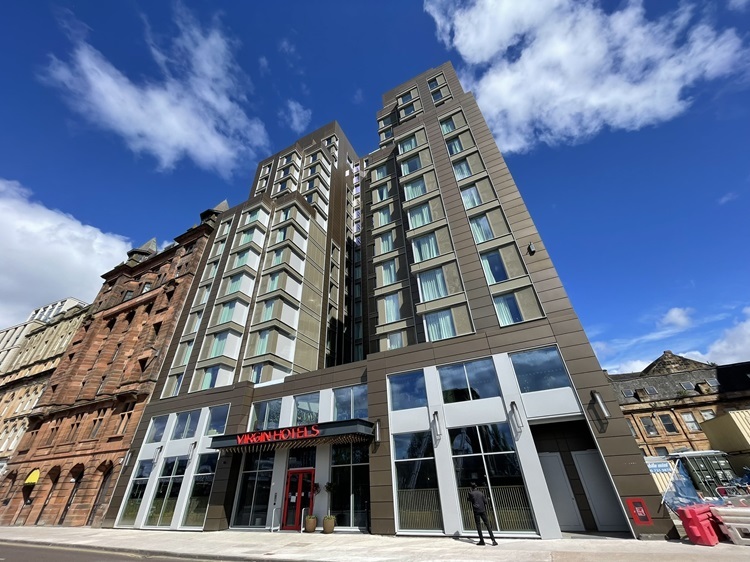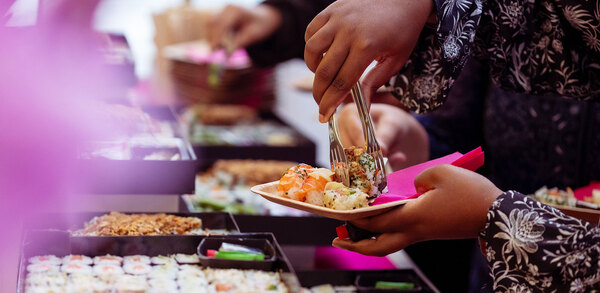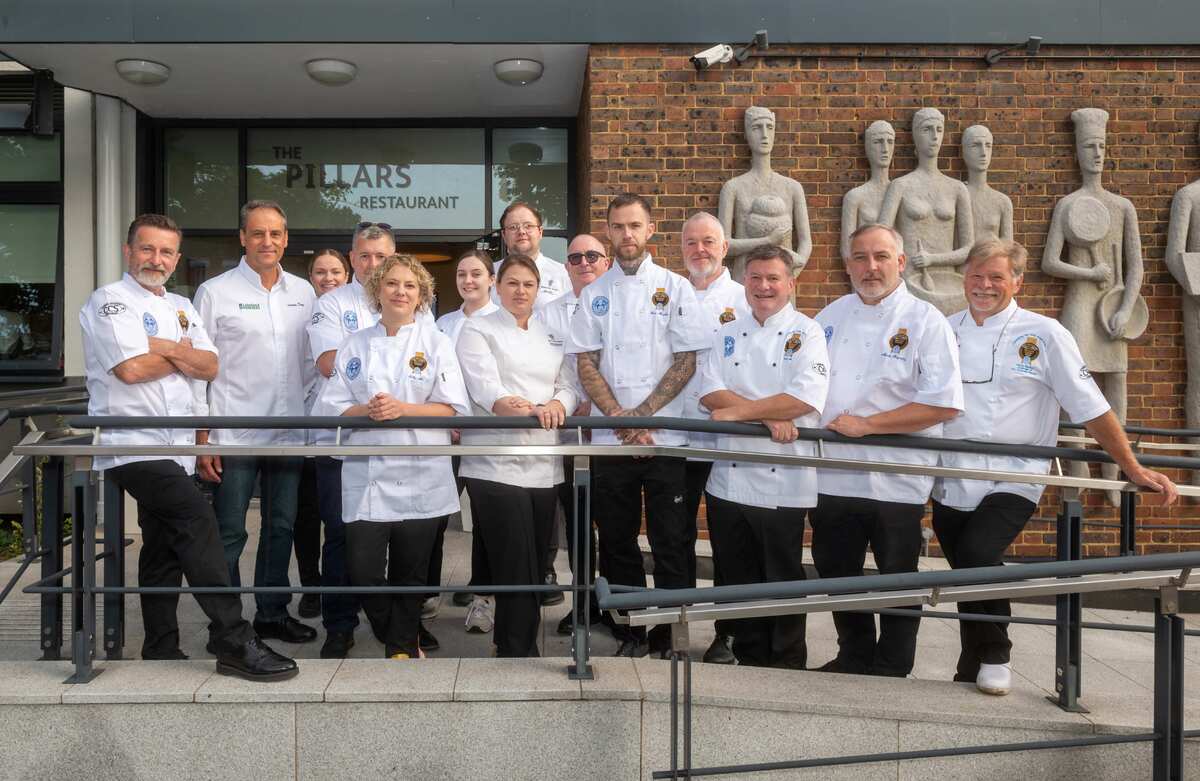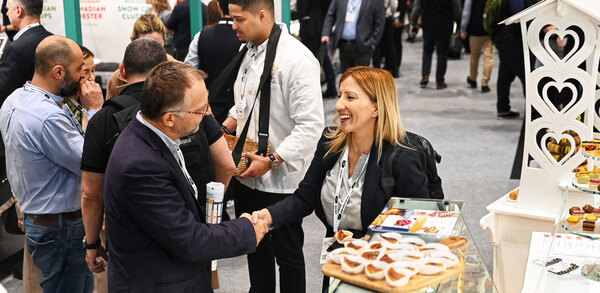Accelerated wage inflation puts pressure on hospitality employers
Hospitality employers are facing the pressures of accelerated wage inflation, as the hourly pay of UK workers continues to outstrip the National Living Wage (NLW).
That's according to leisure and hospitality industry software supplier Fourth, which has revealed that the average hourly pay of workers in the UK currently sits at £8.12 - 62p an hour higher than the new NLW threshold for the over 25s, which was introduced in April 2017.
When under-25s are stripped out of the headline figure, the average hourly wage rises to £8.26, Fourth said.
The figures come from Fourth Analytics data on the hourly pay of thousands of hospitality workers and is blended across the hotel, restaurant, QSR and pub sectors.
The news comes at the end of a general election campaign which has seen both major parties promise further rises in the NLW. The Conservatives have pledged to raise the NLW for workers aged over 25 to 60% of median earnings, while Labour has pledged to raise the National Minimum Wage to £10 for all workers aged 18 and over by 2020.
Figures from the Institute of Fiscal Studies (IFS) suggest that the Conservatives' policy would affect 2.8 million workers and raise the cost of employing them by 4% on average, costing employers £1b per annum. Labour's policy would affect 7.1 million workers and raise the cost of employing them by almost 15% or £14b per annum.
Mike Shipley, analytics & insight solutions director at Fourth, said: "It is clear that real wages in the hospitality industry continue to outstrip the increasing NLW, as operators compete to retain the best employees in the industry.
"Regardless of the result in tomorrow's election, it's evidently clear the hospitality industry will continue to face increasing wage cost pressures, the only question is how great they will be. Considering we're currently paying on average wages 8.5% higher than the NLW, the average hourly rate could reach £10.85 or more by 2020. Crucially, as well as the differences in headline wage rates, the differing proposed treatment of minimum wage rates for those aged between 18-25 by the two main parties will also materially affect the overall cost burden to the industry."
"In the face of this, and the impending possibility of a hard Brexit which would shrink the talent pool further, operators will either need to improve efficiency or reduce employee numbers to balance the books.
Figures from Fourth suggest that the regional pay gap, which had reduced to 10p in January 2017, has now risen slightly to 13p, with areas inside the M25 paid £8.19 on average and areas outside paid £8.06.
Meanwhile, the gender pay gap, which favoured women by 2p in December 2016, has now reverted in favour of men (£8.18), who are paid on average 12p more than females (£8.06).
Fourth also found that including head office staff, the average salary of a male in the hospitality industry is £36,600 and the average salary of a female is £30,200.
Sales achieved per worker per labour hour has risen by 10% from £31.94 in 2014 to £35.10 in May 2017 and in that time labour costs as a percentage of sales have risen from 27.3% to 28.1%, according to Fourth.
Nick Varney: "Our industry has been undervalued and underappreciated for too long" >>
Hotels and restaurants escape inflation squeeze in May >>
Unite protest at BHA summit against low pay and exploitation >>
Videos from The Caterer archives




